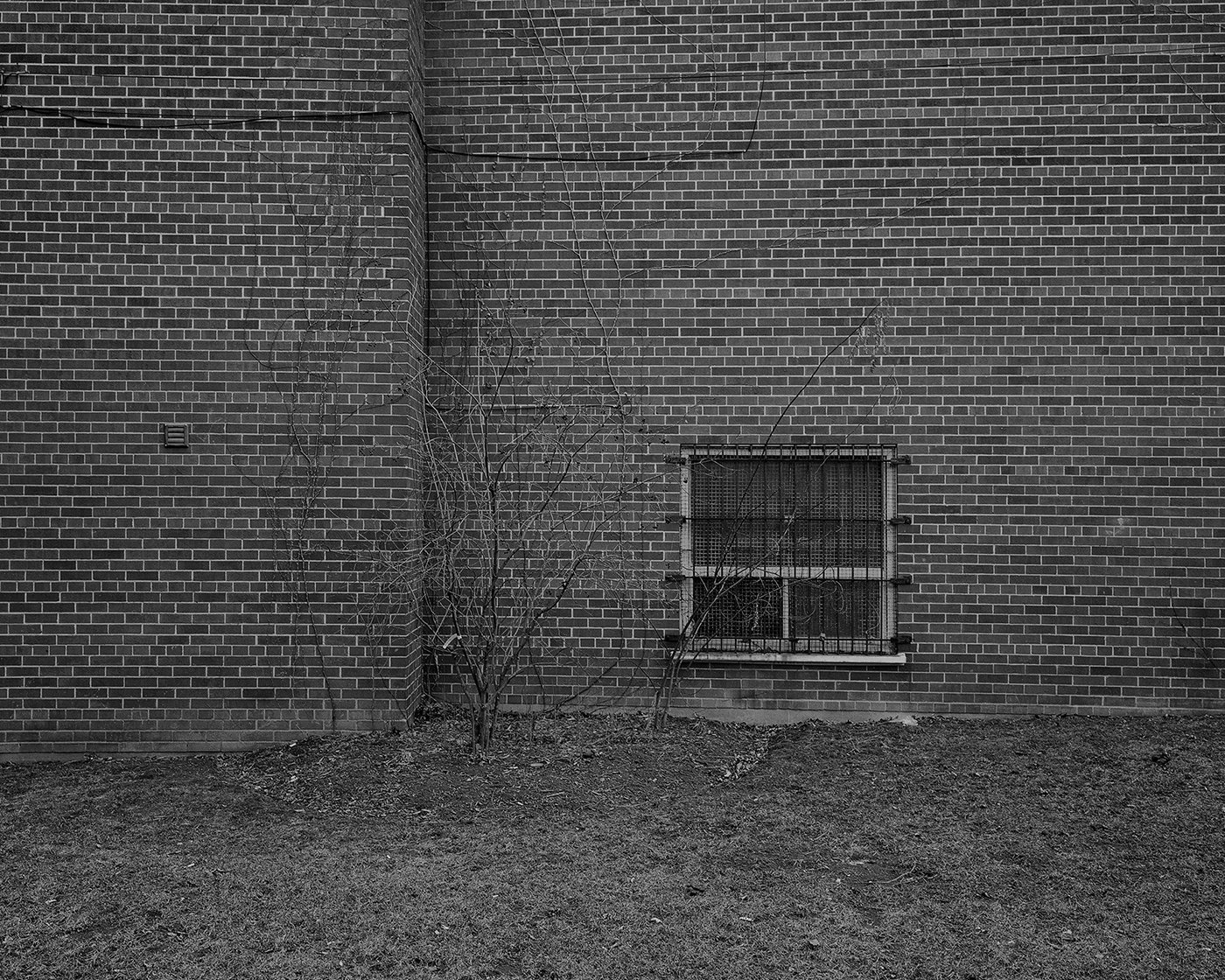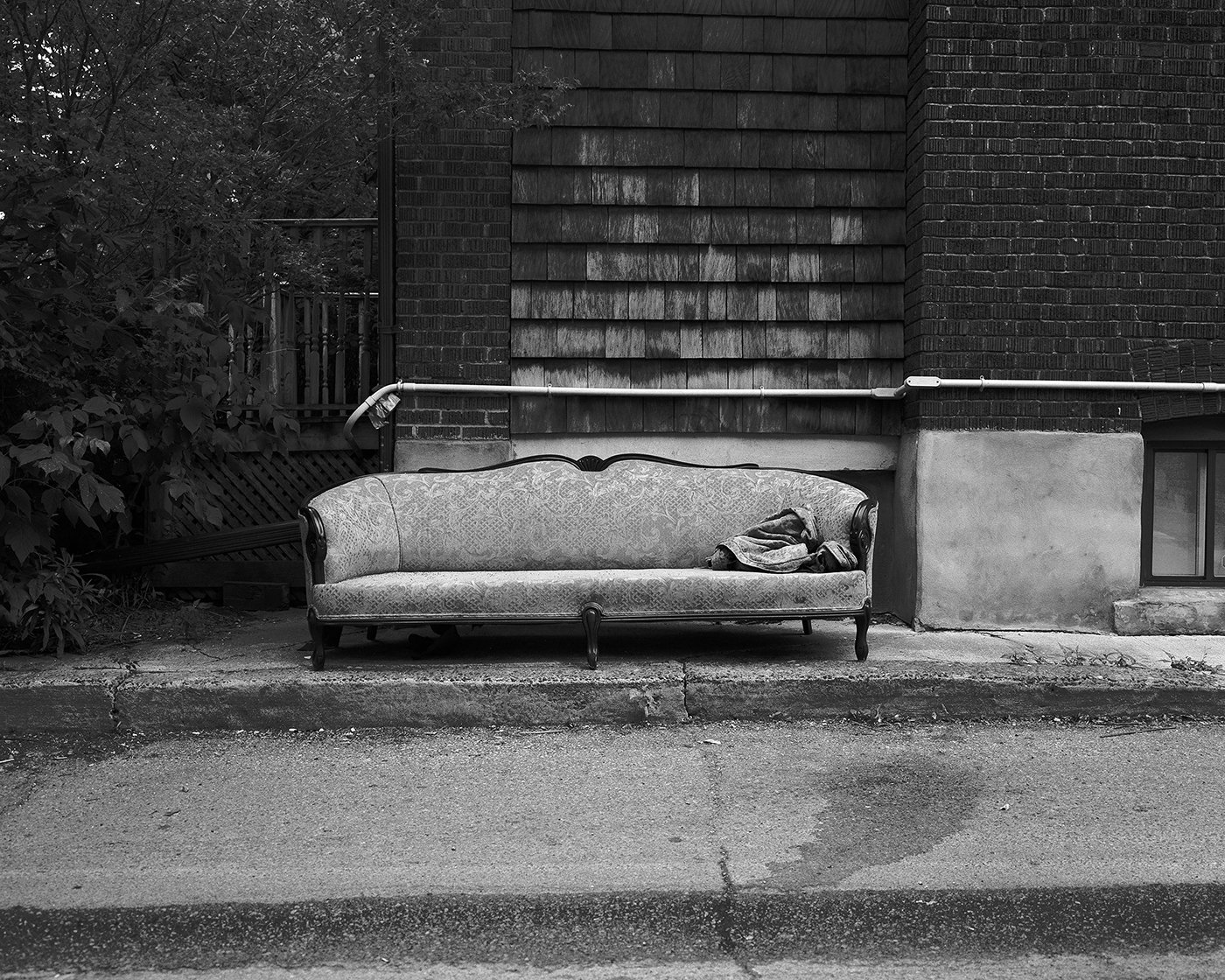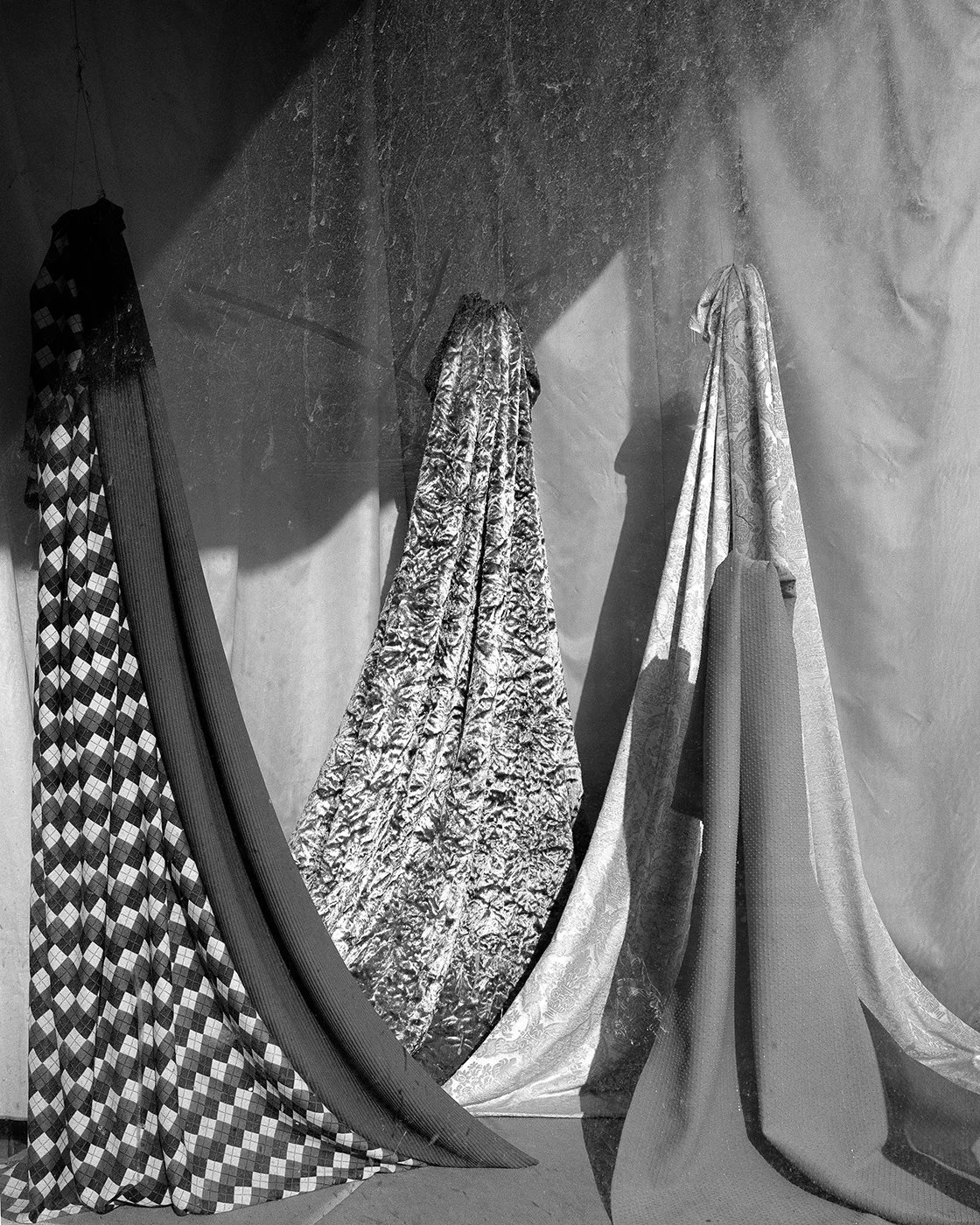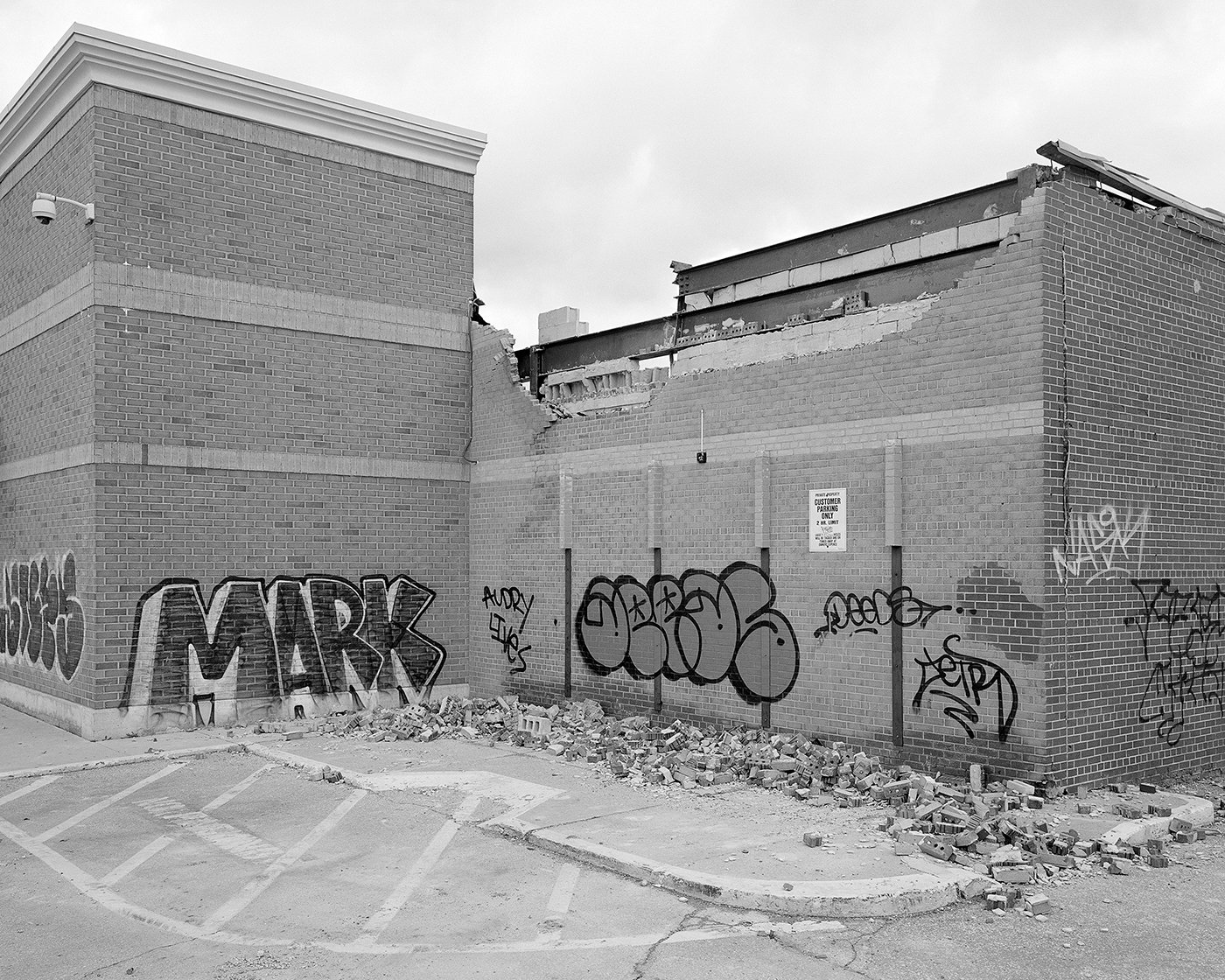In terms of built environments, I find myself most deeply attracted to the liminal, transient, and derelict – in other words, I am interested in what designed space signifies when it is void of people either temporarily, or permanently. What influence do abandoned, unused, or industrial locations have in shaping our understandings of continuity, identity, and ultimately, our footprint on the world?
For this submission I have gathered some recent images, that investigate and pose these same questions. Some of them come from abandoned homes and farms in peri-urban and rural areas, left crumbling in the wake of shifting economies, suburbanization, and rapid development. Some of them come from within the city, in the industrial area where I work as an urban beekeeper – interstitial zones that provide no comfort or purpose to people outside of their economic, productive functions. Some of them come from within the heart of the city itself, pockets of unused, empty, or soon-to-be redeveloped space. These are images pulled from separate works, or that have simply never been integrated into a project. However, I hope that when viewed together, they generate a meaningful narrative on the use of space, development, and what that means about our societies.
Ben is a multi-disciplinary artist and writer living in Toronto, Canada. His work seeks to understand the relationship between place and identity through explorations of the liminal, everyday, and abstract. His art employs multiple mediums and approaches, while thematically exploring the role of narrative in constructing the physical and emotional spaces of our lives. Grounded, in part through his experience of mental health and disability, Ben's practice is defined by a need to express, direct, and come into dialogue with creative desire, emotional struggle, and perceptual exploration. Through his art he hopes to examine the notions of solitude and despair; alienation and temporality; mythology and the politics of the quotidian – ultimately providing a visual language that gives meaningful expression to the difficulties we face as human beings.




















